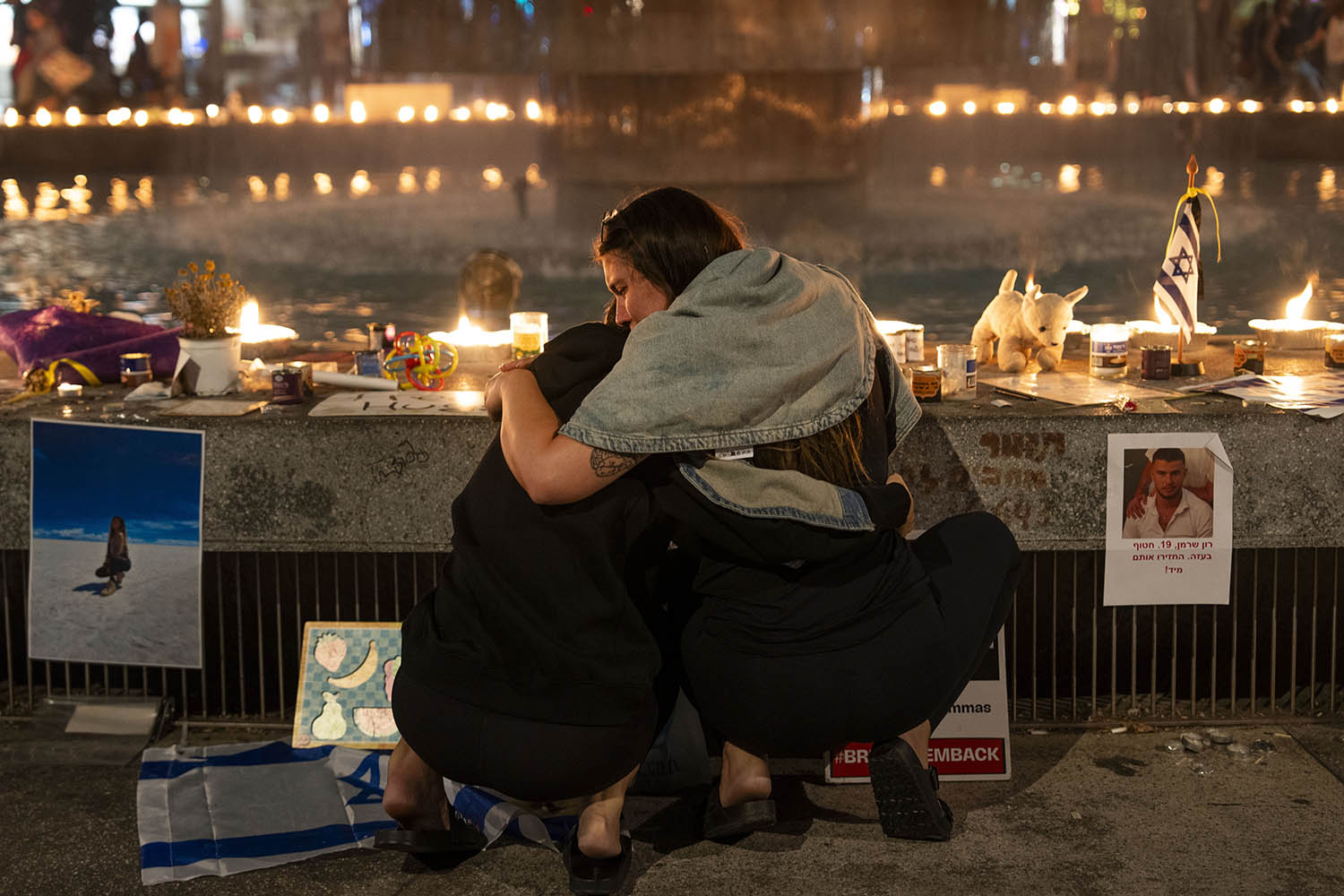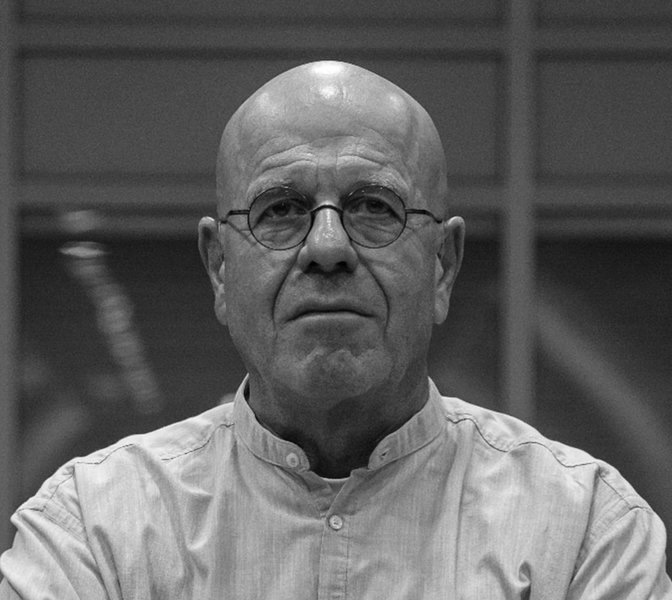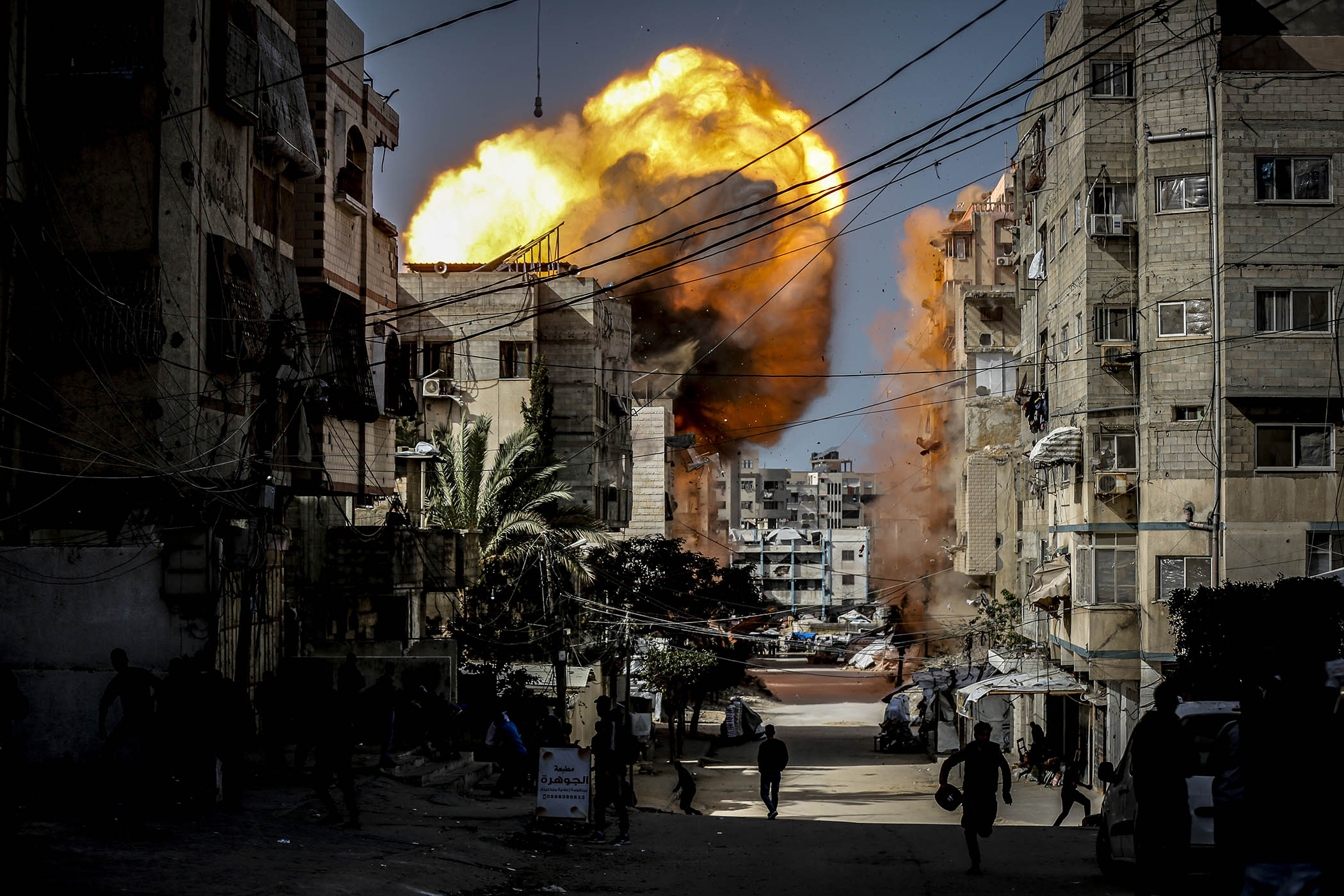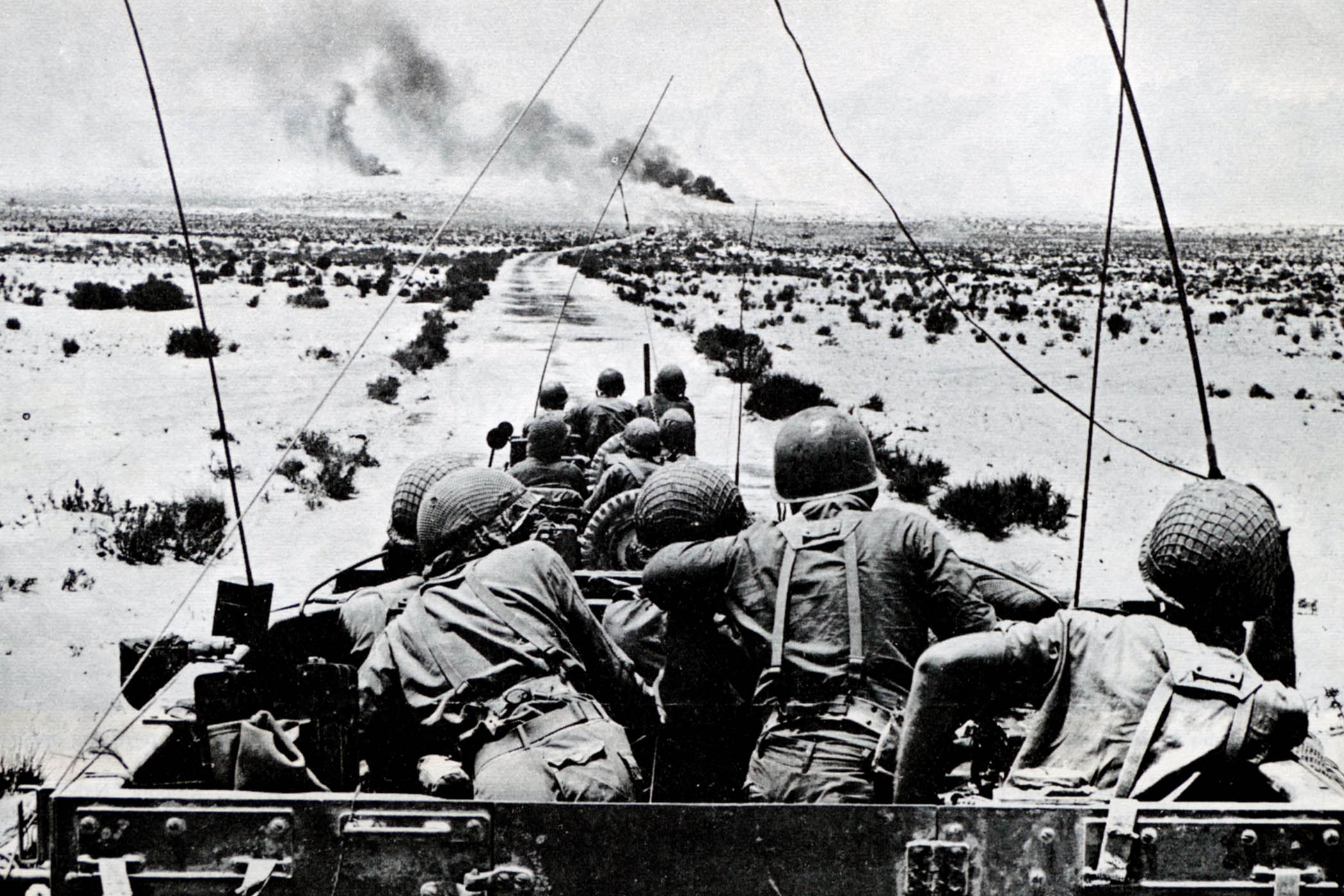There is little meaning in marking two years since the events of 7 October 2023. That day has not ended. It remains one long and terrible day, in which the sun refuses to rise. Each morning we wake into the same night, each evening ends with the darkness grown thicker. This darkness is not uniform; every community in Israel lives under its own shadow. What follows concerns the Jewish majority, with the sad knowledge that the fate of Israel’s Palestinian minority requires a different and equally urgent reckoning.
And I, who have run long distances all my life, have never felt such suffocation as in these days. It is hard to breathe, hard to sleep, hard to reach the distances. The body is willing, but the spirit is shackled by the weight of this unending day.
Today, Jewish Israel is divided into three main groups. The first is the messianic fundamentalists, living in a constant state of mystical tremor, convinced that we are in an “age of miracles.” In their eyes, disasters and sacrifices are consecrated steps to redemption. They stitch reality to biblical imagery, seeing war as proof that history nears its conclusion. Within this fortress of faith, doubt has no place, nor does the human toll.
At the opposite pole lies the despairing camp. For them, the relentless sequence of disasters proves that nothing can be repaired. Where the messianic right has an excess of certainty, here there is absolute hopelessness: endless wars, corruption, zealotry. Every attempt at repair feels doomed; every vision of the future, an illusion.
Between these extremes stretches the larger Israeli landscape, the realm of confusion. Here lies the majority, unable to give meaning to the darkness. They oscillate between a call to action and paralyzing fear, a desire for vision and loss of trust. Contradictions abound: solidarity alongside fatigue; urgent demands for answers matched by paralysis and drift.
Contradictions abound: solidarity alongside fatigue; urgent demands for answers matched by paralysis and drift
Contradictions abound: solidarity alongside fatigue; urgent demands for answers matched by paralysis and drift
In this space, many cling to the screen as though it were the last source of air. While in Gaza there is hunger and mass burials, here cooking shows and dance competitions soar. I no longer ask people “how are you,” for there are no honest answers. Most respond: personally I’m fine, collectively I feel awful. And all this unfolds while the government itself refuses to end the war. In the streets, throngs of ultra-Orthodox supporters celebrate the absurd, shouting “we will die before we enlist,” many others enlist, fight, and die with no clue why. While the families of the kidnapped are loudly shouting “they are dying, save them” but nobody upstairs listens.
This bewildered realm is weighed down by three burdens.
First, the trap of the tragic leader, a man history will recall as the worst leader the Jewish people ever had. Benjamin Netanyahu has destroyed the state with his own hands and eliminated an entire political generation, leaving none able to imagine a future without him. He looms like a geological feature, suffocating imagination and blocking alternatives.
Second, the collapse of values. The deepest crisis is not only military or economic but existential. On that terrible day, not only the army failed, but the ideas that had sustained Israel collapsed: security, responsibility, democracy, solidarity, all bankrupt at the moment of truth. Since then, Israelis wander in a void, fearing there is no gravity left to hold them. Friends and their children, the powerful stratum of taxpayers, hi-tech workers, reservists, are worn down. “They could take no more,” a mother told me in tears about her two sons who spent hundreds of days in Gaza. Now they have left Israel, not to return soon.
Third, the denial. Israel has long denied the Palestinians. Their aspirations, suffering, culture, hopes. October 2023 only deepened this. Today the denial extends to Gaza’s devastation itself. From the old Zionist slogan “a land without a people to people without land” a strategy of erasure was built. Since 7 October 2023, it has been applied with brutal force. Only through such profound denial can Israelis unburden themselves: if no other people exist, then no one has been harmed. No?! This illusion props up reality, but beneath it the clock ticks. The lava will soon break through.
In this space of failed leadership, collapsed values, and doubled denial, Israel’s great question emerges: are we doomed to remain forever in this long and terrible day, in Netanyahu’s deadly “super-Sparta”? Or will we break from old conventions, embrace bold alternatives, consign him to history’s garbage heap, and force the sun to rise?
For “the day after” is not just who will rule Gaza, nor a technical plan. It is an invitation to a wholly different conversation, internal and regional. A day after both the trauma we endured and the trauma we inflicted. After responsibility, after hatred, bereavement, and thirst for blood. The choice is whether the rupture will lead to the return of the same failure, more arms, denials, and blood shedding. Or becomes a turning point of shared awakening, Israeli and Palestinian alike.
One daughter of close family friends now lives with her own family in New York. She refuses to bring them into the “fighting UnHoly land”, as she calls Israel. So the family as a whole gathered instead in Crete for a reunion. An emblem of flight, disintegration, and the search for breath beyond Israel’s suffocating borders.
The possible future lies in recognition. Not denial, not repression and not by self imposed exile, but transforming trauma into the source of a common future. Not in spite of the pain, but because of it. Only then can the long night end, and the sun rise for all, Israelis and Palestinians who share the same sky, agonies and hopes.
Avraham Burg is a former Speaker of the Knesset
Photograph by Oded Balilty/AP Photo



